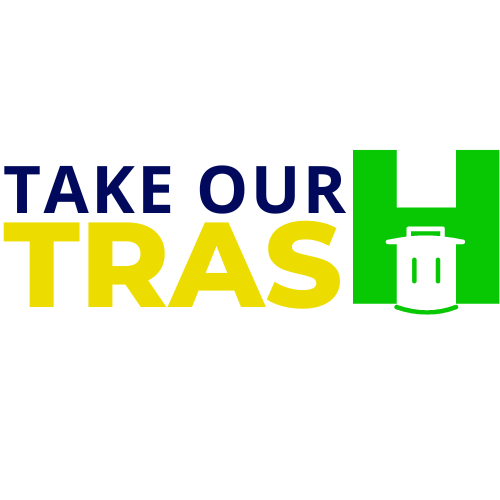As technology continues to evolve, even the most mundane household items are getting smarter. One such innovation is the smart trash can. While they may sound like a novelty, smart trash cans are gaining popularity for their ability to improve efficiency, enhance hygiene, and even make life easier. But are they worth the investment? Let’s dive into the future of smart trash cans and explore whether they truly live up to the hype.
What Are Smart Trash Cans?
Smart trash cans are equipped with sensors, motors, and other technologies to make waste disposal more efficient and hygienic. These high-tech bins often come with features like:
-
Automatic Lid Opening: Sensors detect motion, allowing the lid to open without the need for touching, reducing the spread of germs and making waste disposal more convenient.
-
Fill-Level Sensors: Some smart bins can detect how full they are and send notifications to your phone when it's time to empty them, ensuring you never miss trash pickup day.
-
Odor Control: Many models include built-in odor neutralizers or airtight seals to keep smells at bay, improving the overall cleanliness of your space.
-
Compaction: Certain smart trash cans even have compaction mechanisms to reduce the volume of waste, meaning you can store more trash before needing to empty it.
The Benefits of Smart Trash Cans
-
Convenience
The convenience of a hands-free trash can cannot be overstated, especially when you're carrying out other tasks around the house. Whether it's cooking or taking care of kids, a motion-activated lid makes trash disposal effortless and sanitary. -
Hygiene
Smart trash cans are often designed with hygiene in mind, helping to reduce exposure to germs and bacteria. Many models feature touchless lids that open automatically when you approach, minimizing the need to touch anything at all. Some even come with antimicrobial coatings to keep bacteria at bay. -
Waste Management Efficiency
Smart trash cans with fill-level sensors can improve waste management at home by helping you track how much trash you generate and when to take out the garbage. This can help reduce unnecessary trips to the trash bin and keep things organized. -
Eco-Friendly Features
Many smart trash cans are designed to help you become more eco-conscious. For example, certain models are equipped with recycling compartments or separate bins for composting, helping you better manage your waste.
Are Smart Trash Cans Worth the Investment?
While the technology behind smart trash cans is undeniably impressive, the question remains: are they worth it?
-
Cost vs. Convenience: Smart trash cans can be more expensive than traditional bins, with prices often ranging from $100 to $300 or more. If you're willing to invest in convenience and hygiene, this could be a worthwhile purchase. However, if you’re simply looking for a basic trash can, the price tag might not justify the features.
-
Long-Term Value: Smart trash cans are durable, and many are built to last for several years. The added features, like odor control and automated lid opening, may help improve the cleanliness of your home in the long run, potentially saving you time and effort.
-
Environmental Impact: Smart trash cans that promote recycling or offer waste reduction features may also align with your eco-friendly values. These bins can help you become more mindful of your waste habits and make it easier to separate recyclables or compostable items.
Is It Right for You?
The decision to invest in a smart trash can depends on your lifestyle and values. If you’re someone who values convenience, hygiene, and eco-conscious living, it could be a great addition to your home. On the other hand, if you’re satisfied with a traditional trash can and don’t need extra features, it may not be the right choice for you.
Final Thoughts
The future of smart trash cans is exciting, with new advancements making them more efficient and user-friendly. While they may not be for everyone, those who prioritize convenience, hygiene, and waste management efficiency could find them to be a worthwhile investment. Ultimately, it’s about weighing the benefits against the cost and deciding whether the features align with your lifestyle.

